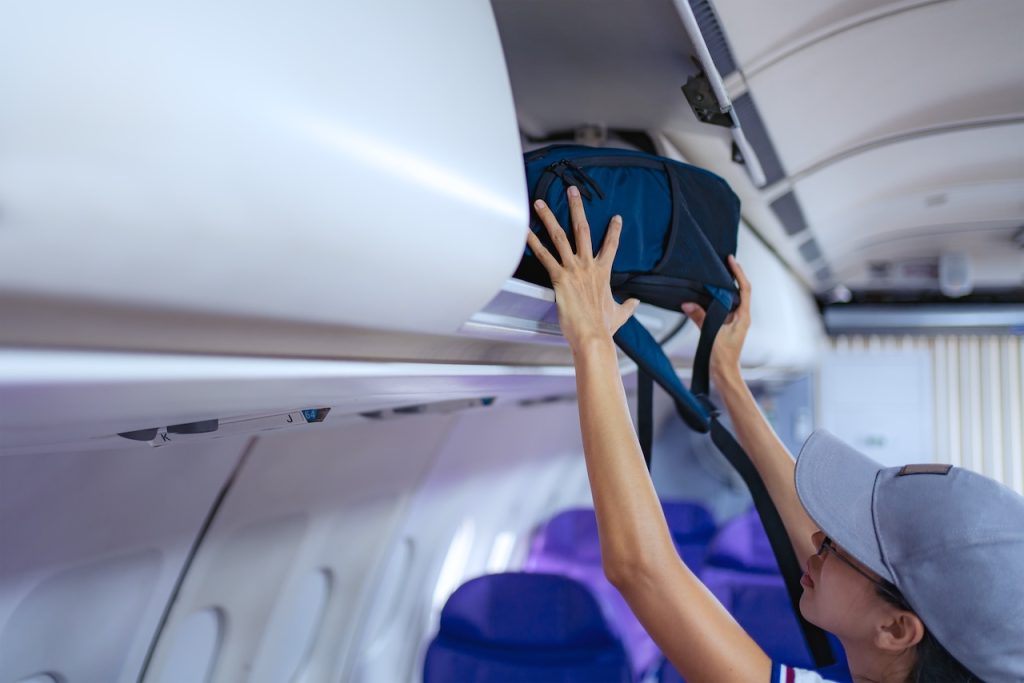For frequent fliers, the ever-evolving policies of airlines are a source of constant adaptation, particularly regarding hand luggage rules. In 2025, airlines such as Ryanair, EasyJet, and Ita Airways are tightening their restrictions, prompting travelers to be more vigilant than ever about their packing strategies.
Ryanair’s Stricter Rules and Digital Transition
Ryanair has long been known for its stringent baggage policies. As of now, the base fare allows only a small carry-on bag with maximum dimensions of 40x20x25 cm, which must fit under the seat in front of you. Larger backpacks and bags fall outside of this allowance and will incur additional fees. For those needing more space, purchasing the Regular or Flexi Plus fare becomes necessary, which permits a second cabin bag up to 10 kg and 55x40x20 cm in size, stowable in the overhead compartment.
Starting May, Ryanair will enforce mandatory app check-ins and digital boarding passes, imposing a potential fee of up to 60 euros if bypassed. Moreover, passengers exceeding the size restrictions of the carry-on face a penalty of up to 70 euros at the gate.
Adapting to New Regulations
To avoid surprise fees and ensure smooth travels, understanding and complying with updated hand luggage policies is essential. Here are some practical tips to navigate these changes efficiently:
- Always review the latest hand luggage updates from your airline before booking your flight to stay informed.
- Invest in a compact, lightweight piece of luggage conforming to maximum dimension limits to avoid additional charges at boarding.
- Consider traveling light, especially for short trips, by only bringing essentials to stay within weight and size limits.
- Opt for multifunctional clothing items that accommodate various activities during your trip, helping to minimize your packing list.
Looking Ahead to 2025
With airlines continually seeking ways to optimize profitability, travelers must adapt to new realities to make the most of their airline experiences without breaking the bank.
These changes emphasize the importance of preparation and awareness among passengers, whether through understanding new regulations or scouting for affordable ticket deals allowing for greater flexibility.
Industry experts suggest embracing good practices like consolidating travel means to maximize efficiency and sustainability. Moreover, purchasing flexible tickets may provide travelers with added freedom in navigating potential hiccups encountered with airlines.
As travelers become more savvy, they will increasingly rely on online resources to acquire the latest updates on airline policies, using this knowledge to plan their journeys effectively. By doing so, they can manage costs and maximize travel enjoyment.
